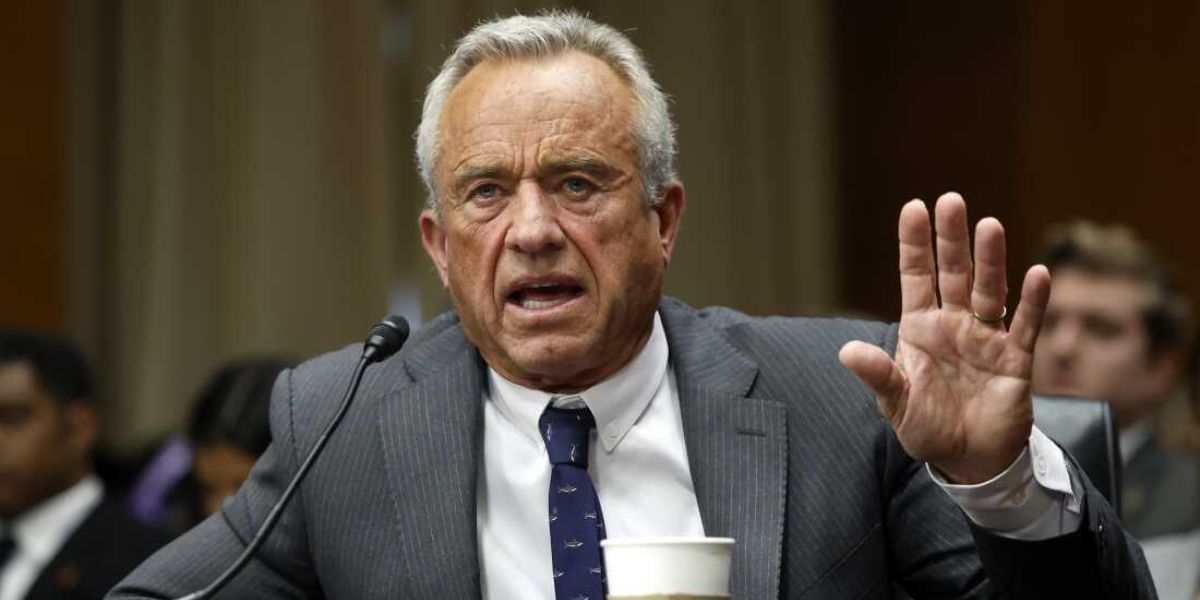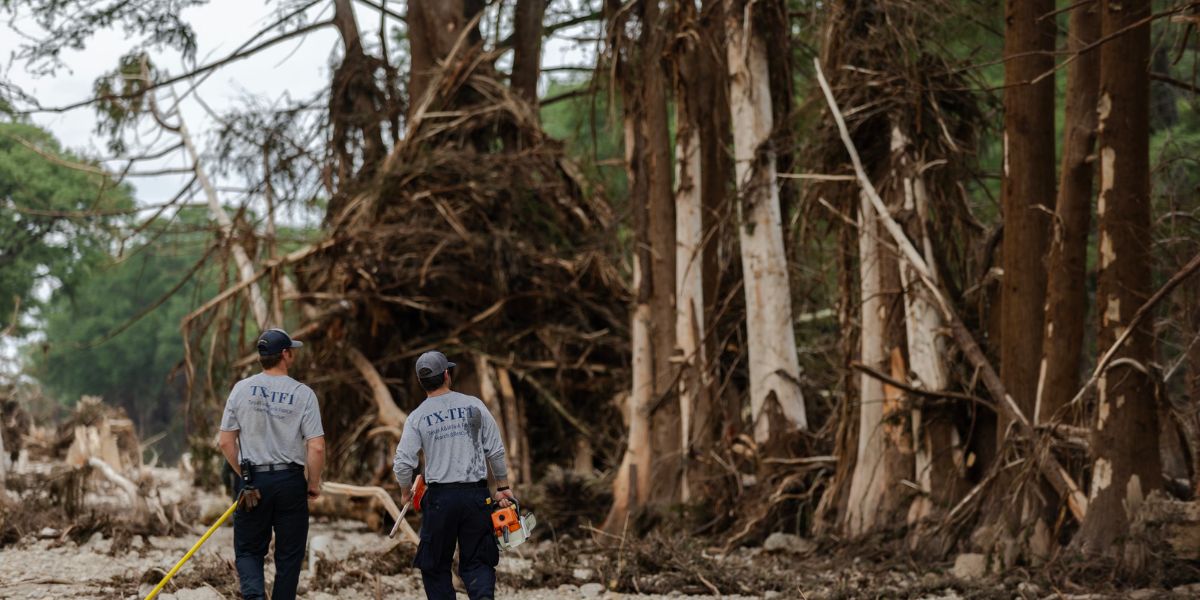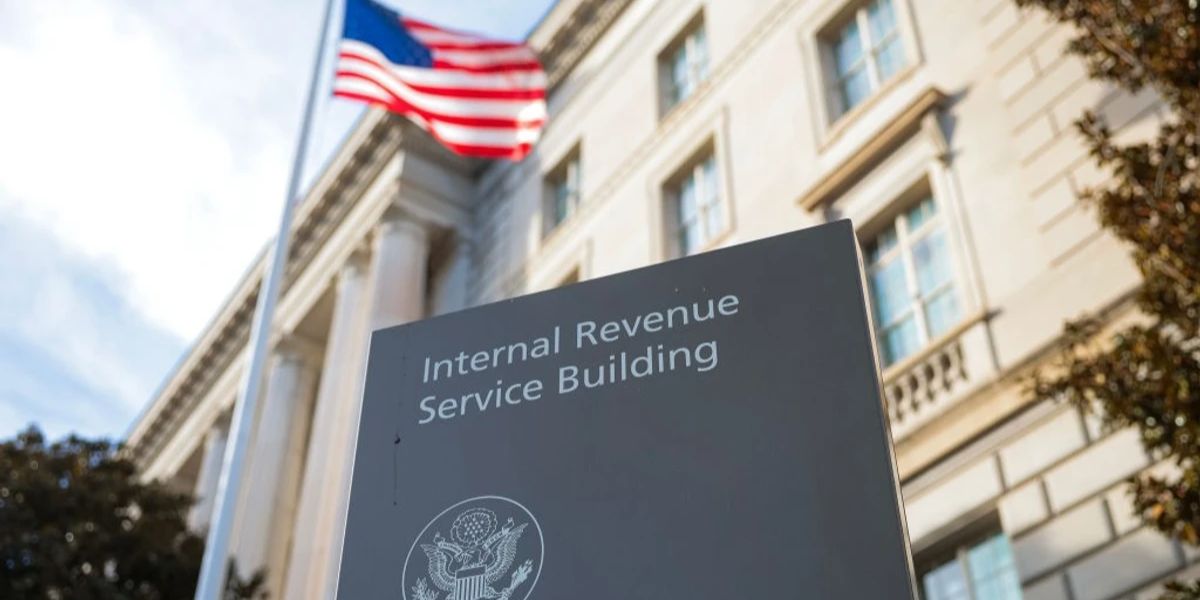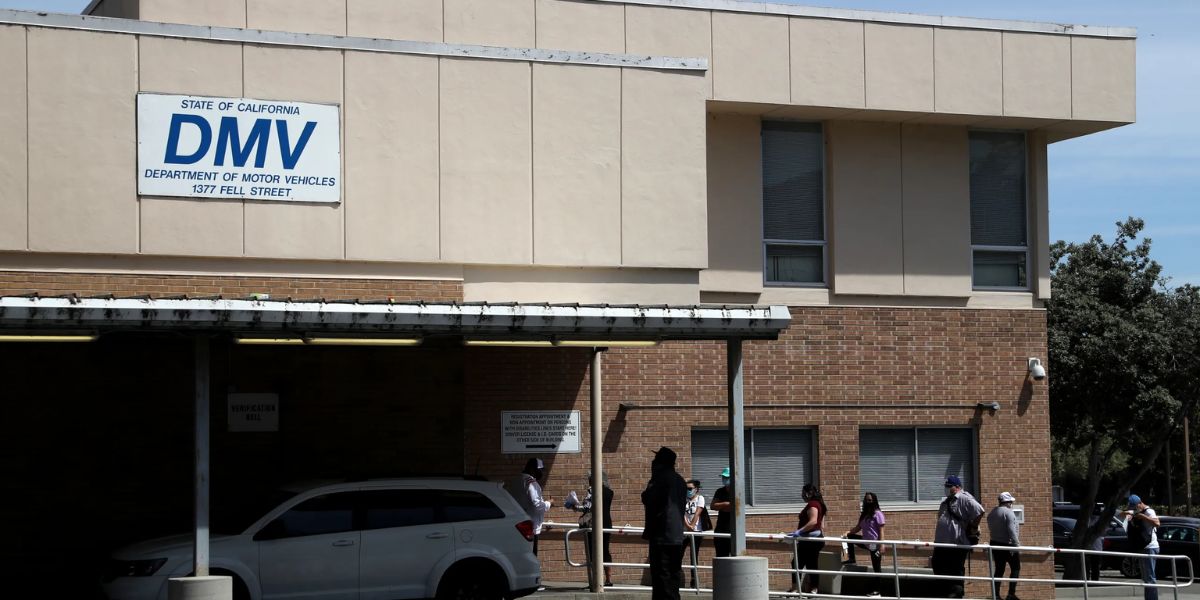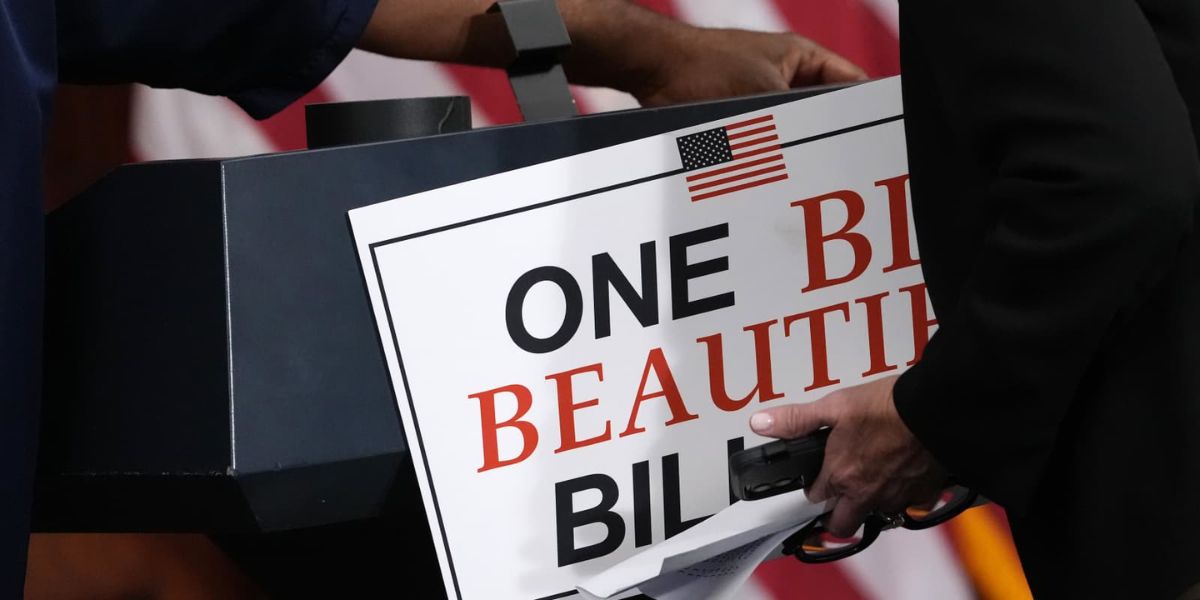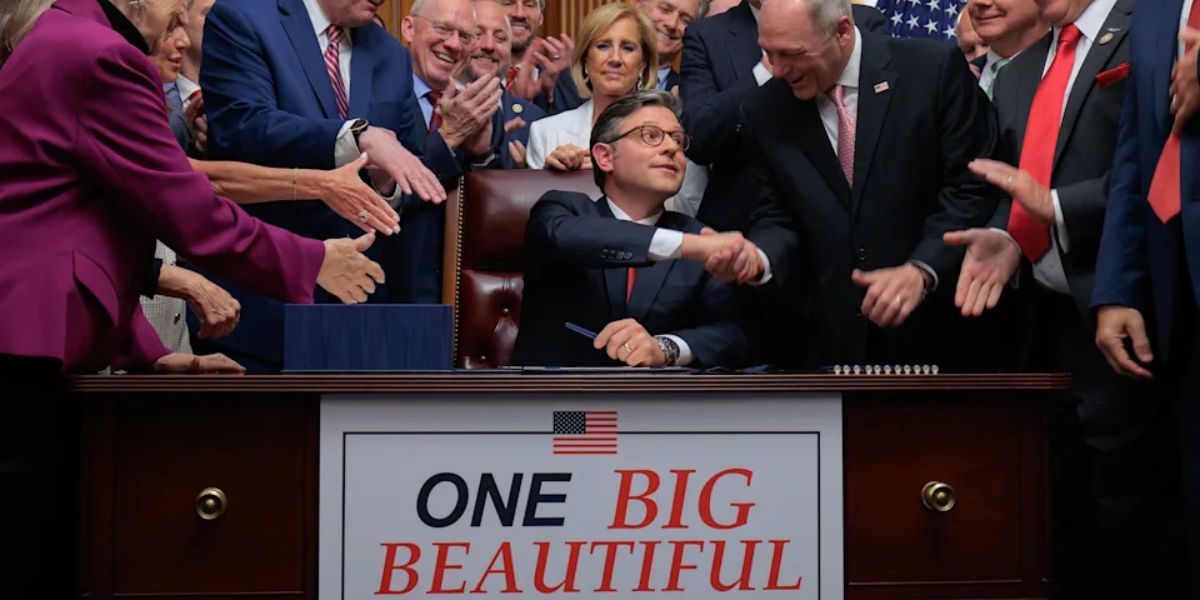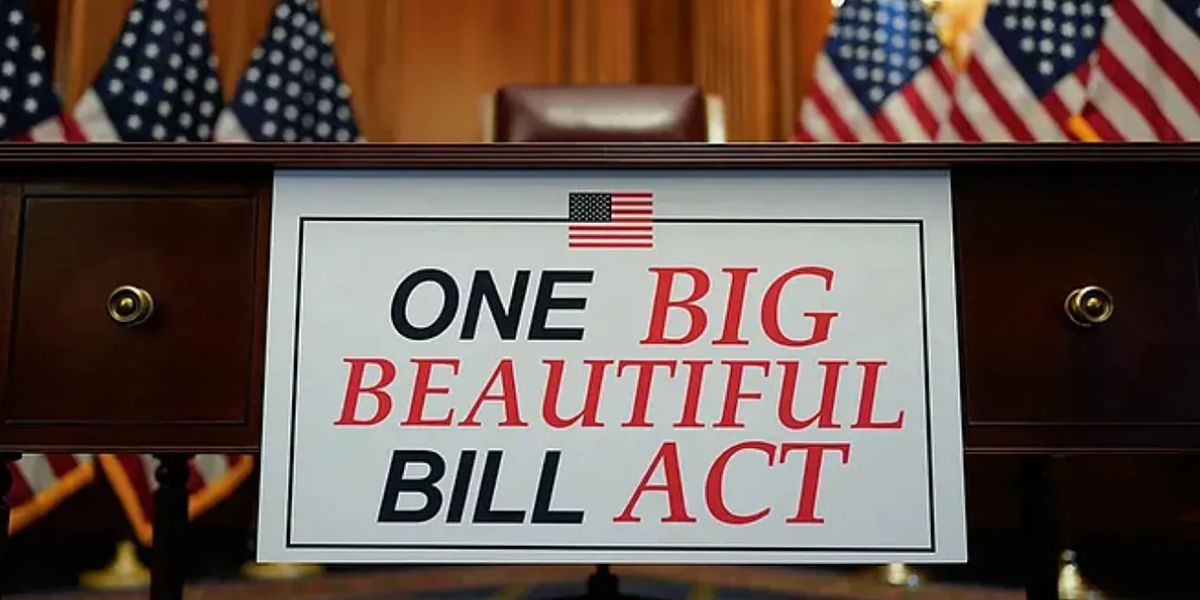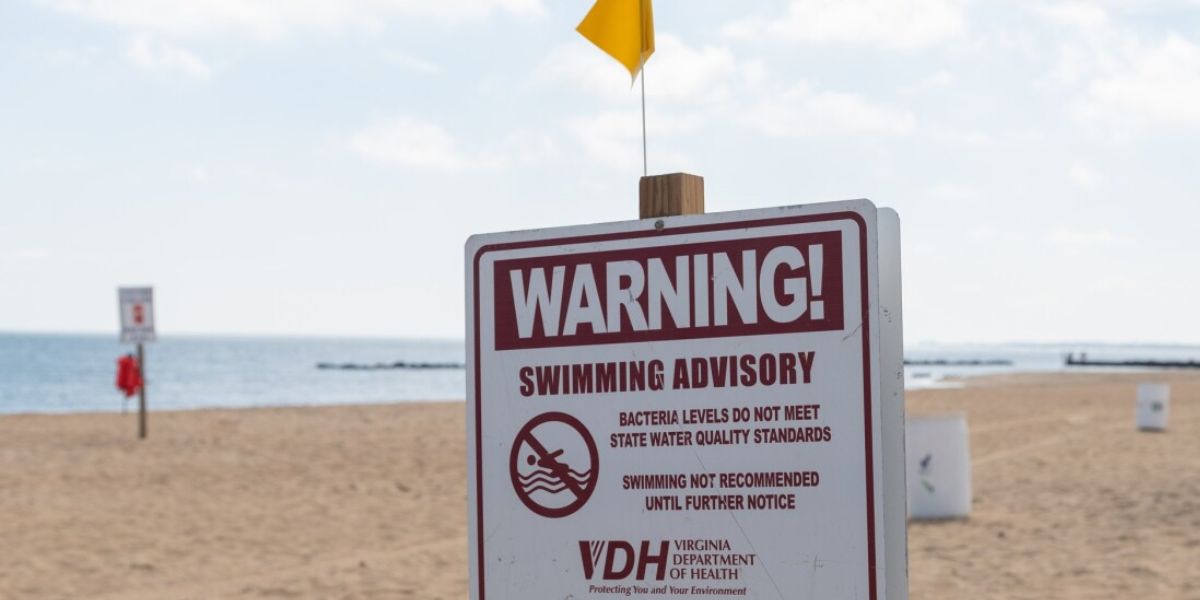WASHINGTON, D.C. — Despite promises to avoid disrupting the U.S. vaccine system, Health Secretary Robert F. Kennedy Jr. may be on the verge of significantly altering it.
Earlier this month, Kennedy initiated a historic shakeup by firing all 17 members of the Advisory Committee on Immunization Practices (ACIP), a crucial panel that advises the Centers for Disease Control (CDC) and other government agencies on vaccine recommendations.
The move, which included appointing eight new members to the committee, has raised alarm bells among many experts and public health officials. The new members will hold their first official meetings this week, and concerns are mounting about the potential impact this change could have on vaccine safety and approval processes.
Firing of ACIP Members and the Appointment of New Panelists
Dr. Bonnie Maldonado, a Stanford infectious disease specialist who had been serving on ACIP, was part of the original panel dismissed. Maldonado, who played a significant role in the Bay Area’s response to COVID-19, expressed her surprise and concern over the abrupt changes.
“What surprised all of us was the massive termination of the entire membership of ACIP and the very rapid institution of eight new members with no transparency about how they were chosen,” Dr. Maldonado said.
The lack of transparency regarding the selection of new members has sparked skepticism among many in the medical community.
Concerns Over Vaccine Skepticism and Safety
Among the newly appointed members, some are known for their vaccine skepticism, leading experts to fear that the panel could sow doubt about vaccine safety and the approval process. Concerns include potential revival of discredited claims linking vaccines to autism or allegations of insufficient testing.
While Dr. Maldonado did not directly comment on the new panel, she has been vocal about defending the integrity of the existing vaccine approval process.
In a letter published by the Journal of the American Medical Association, she explained the meticulous process behind vaccine vetting.
“When we hear the secretary saying that these are rubber votes, the discussion has been going on for weeks, months, and sometimes years about a particular product,” Maldonado wrote, emphasizing the thoroughness of the approval process.
State-Level Vaccine Recommendations: A Potential Shift
As tensions over the shakeup grow, at least four states are reportedly considering issuing their own vaccine recommendations and potentially ordering vaccines directly from manufacturers.
Dr. Jake Scott, another infectious disease specialist at Stanford, believes that creating alternative bodies of experts at the state level could help balance risks and benefits.
“We have to have a recourse,” Dr. Scott said. “I completely understand the motivation to develop alternative bodies of experts who can really comment on and weigh in on the risks versus benefits.”
However, such a move could have far-reaching implications, including the potential for vaccine research to shift out of the U.S. and into other countries or multinational platforms that continue to offer support.
Read Also: California Attorney General Sues San Diego Nursing Home Chain Over Alleged Understaffing
The Future of Vaccine Research and Insurance Concerns
Dr. Maldonado is among those who believe that vaccines will remain a key public health investment, regardless of political tensions in the U.S. “Vaccines are an amazing investment in public health,” she said, referring to the global recognition of their importance. “Leaders around the world know that vaccines are an essential part of preventing diseases.”
Another crucial aspect of the ongoing debate involves the insurance component. Experts worry about whether insurance companies will cover vaccines that are no longer approved by the federal government.
As the new Kennedy panel moves to end COVID-19 vaccine recommendations for healthy children and pregnant women, it remains uncertain how this will affect insurance coverage and access to vaccines.
Looking Ahead: The Impact of the New Panel
As the new vaccine panel begins its work, public health advocates and experts are closely monitoring its decisions and actions.
The controversy surrounding the changes to ACIP highlights broader concerns about vaccine safety, transparency, and the future of public health policy in the U.S.
While the shift may have long-term implications, the focus remains on ensuring that science, evidence, and expertise continue to guide vaccine policy and public health decisions.
What Do You Think?
How do you feel about the recent shakeup in the vaccine advisory panel? Do you think the new approach will affect vaccine safety and public health? Share your thoughts in the comments below on RidgecrestPact.org.

